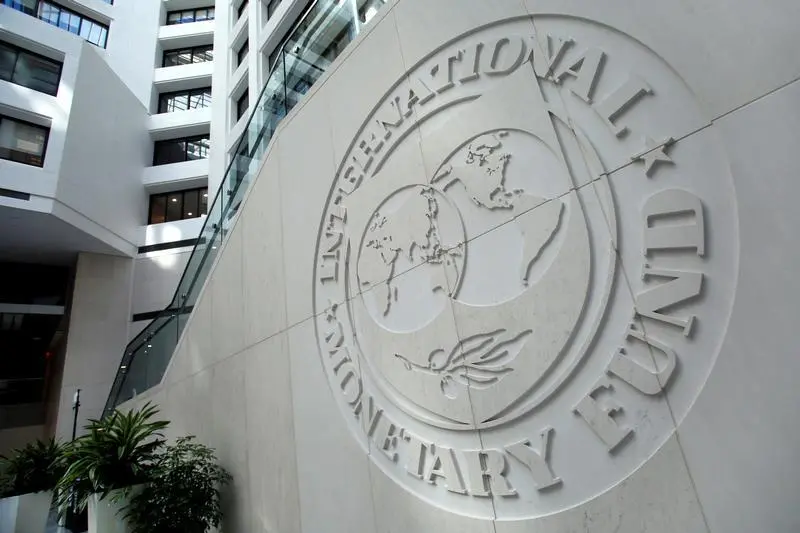PHOTO
DUBAI - The UAE economy is projected to grow at 2.9 percent in 2018 and 3.7 percent in 2019 against and estimated growth of 0.8 percent, reported Gulf News in an article in the paper today, quoting the latest regional economic outlook report of the International Monetary Fund (IMF).
"Growth projections are based on the significant increase in oil prices and the progress the country has made in fiscal adjustments on both revenue and expenditure side. Going forward, we expect the improved government revenues to reflect on the growth in non-oil economy," said Jihad Azour, Director, Middle East and Central Asia Department of the IMF.
The IMF projects strong growth revival in both Abu Dhabi and Dubai in next two years. In 2018, Abu Dhabi’s GDP is projected to grow by 2.7 per cent and 2019 by 3.4 per cent, against 0.5 per cent growth in 2017.
Dubai’s GDP is projected to grow at 3.3 percent in 2018 and 4 percent in 2019 compared to a 2.8 percent growth recorded in 2017.
"Recent oil price increase is yet to trickle down to private sector growth in the UAE and Saudi Arabia. With fiscal and structural reforms already set in motion, it is an opportune time for encouraging growth in non-oil private sector," said Azour.
The IMF observed that higher oil prices and slower pace of fiscal consolidation are boosting near term growth prospects for the region’s oil exporters. GDP growth for oil exporters is projected at 1.4 per cent in 2018 and 2 percent in 2019.
In GCC countries, following a contraction in 2017, growth is projected to recover and reach 2.4 percent in 2018 and 3 percent in 2019. As for the non-oil sector, growth is projected to remain steady at 2.4 percent.
The IMF attributes the projected revival in growth to the implementation of public investment projects, including those consistent with the five-year development plan in Kuwait, infrastructure investment projects ahead of the FIFA 2022 World Cup in Qatar and ongoing preparations for Expo 2020 in the UAE. In Bahrain, the expected fiscal consolidation is projected to dampen non-oil activity, despite rising aluminum production capacity.
For the GCC as a whole, the IMF expects the current account balance to turn from a deficit into a surplus and overall budget shortfalls will decline.
The IMF urged GCC states to continue with and expand reforms, welcoming the imposition of value-added tax by Saudi Arabia and the UAE. It also called on GCC countries to impose corporate and personal income tax in order to diversify their revenue streams.
Oil revenues for MENA exporters have increased by about $260 billion (AED955 billion; 230 billion Euros) over the period 2016 to 2018. This has mostly been due to a price rise generated by production cuts in nations belonging to the Opec, as well as non-Opec producers.
Growth in non-GCC oil exporters is projected to slow to 0.3 per cent in 2018, from 3 per cent the previous year, and pick up modestly to 0.9 per cent in 2019. This largely reflects the expected impact of the re imposition of US sanctions on Iran, which is likely to reduce Iranian oil production and exports significantly over the next two years at least. In Algeria, higher public spending is expected to boost growth in 2018, but the planned fiscal contraction in the following years will likely result in a sharp slowdown in non-oil growth over the medium term. Iraq’s growth is also projected to rebound in 2018 19, largely from continuing reconstruction efforts.
© Copyright Emirates News Agency (WAM) 2018.





















